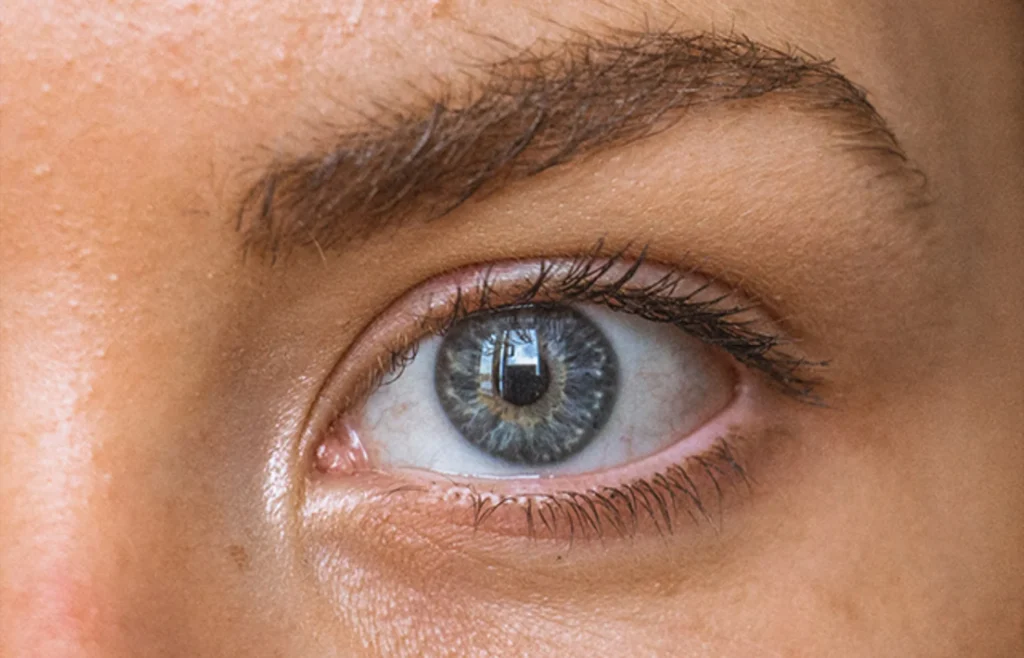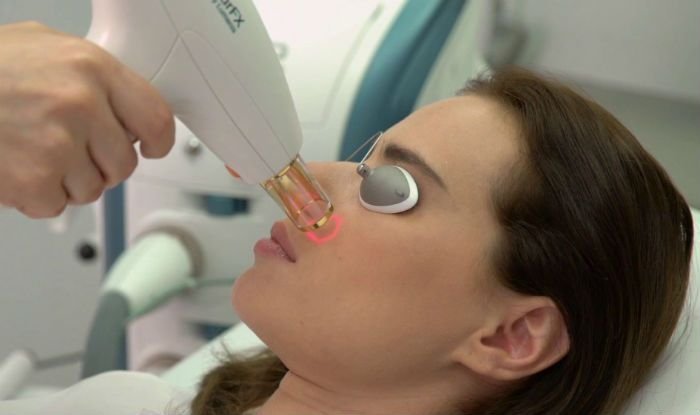
Skincare and Sunscreens: Understanding SPF, UVA, and UVB Protection

When it comes to skincare, protecting your skin from the damaging effects of the sun is essential. UVA and UVB radiation from the sun may cause a variety of skin disorders, including accelerated aging, sunburns, etc. SPF (Sun Protection Factor) and sunscreen creams come into play here. This essay will go into the realm of skincare and discuss the significance of SPF, UVA, and UVB protection. Let’s look at the meanings of these phrases and how they might protect your skin.
We sometimes ignore one of the most basic parts of skin care in our pursuit of healthy, beautiful skin: shielding ourselves from the sun’s damaging rays. Whether we’re relaxing on a sandy beach, taking a leisurely stroll, or simply doing errands, our skin is continually exposed to ultraviolet (UV) radiation from the sun. Understanding the need for SPF, UVA, and UVB protection is critical for preserving our skin’s health and vitality.
 SPF and sunscreen creams help us fight skin damage. SPF, or Sun Protection Factor, is a measure of how well a sunscreen protects our skin from UV rays from the sun. SPF sunscreens function by either reflecting or absorbing UV radiation, creating a protective barrier for the skin. We may considerably minimize the risk of sunburns, premature aging, and other sun-related skin disorders by applying sunscreen with a high SPF rating.
SPF and sunscreen creams help us fight skin damage. SPF, or Sun Protection Factor, is a measure of how well a sunscreen protects our skin from UV rays from the sun. SPF sunscreens function by either reflecting or absorbing UV radiation, creating a protective barrier for the skin. We may considerably minimize the risk of sunburns, premature aging, and other sun-related skin disorders by applying sunscreen with a high SPF rating.
When shopping for sunscreen, look for brands that are labeled “broad-spectrum.” This means that the sunscreen protects against both UVA and UVB radiation. While SPF primarily measures UVB protection, broad-spectrum sunscreen provides complete protection against the whole spectrum of damaging UV radiation. This thorough defense is critical for keeping healthy, young skin and lowering the risk of skin problems.
What exactly is SPF in Sunscreens?
SPF, or Sun Protection Factor, is a measurement of how well a sunscreen cream protects your skin from the sun’s damaging UV radiation. It functions as a screen against both UVA and UVB radiation, keeping them from entering and damaging the skin. The greater the amount of protection, the higher the SPF value. SPF sunscreen products are designed to protect your skin from the sun’s harmful rays, lowering your risk of sunburn and other skin problems.
 Understanding UVA in Sunscreens:
Understanding UVA in Sunscreens:
UVA, or Ultraviolet A, is a form of radiation that may enter the skin deeply even on gloomy or cloudy days. These rays can cause long-term skin harm and are present all year. UVA rays cause accelerated aging, including wrinkles, fine lines, and age spots. They may potentially have a role in the development of skin cancer. While UVA rays do not produce apparent damage like sunburns, their effects build up over time. For complete sun protection, use sunscreen with broad-spectrum protection, including UVA protection.
Understanding UVB in Sunscreens:
Sunburns are caused by UVB (ultraviolet B) radiation. These rays are more intense during the summer months and can cause direct damage to the skin’s surface layers. To protect your skin from these damaging rays, use SPF sunscreen. SPF sunscreens efficiently block UVB rays, reducing the risk of sunburn and providing a protective barrier against possible harm.
The Importance of Sunscreen with SPF:
SPF sunscreens are intended to protect your skin from both UVA and UVB radiation. Applying sunscreen with a high SPF rating creates a protective layer that either reflects or absorbs the sun’s damaging energy. It is critical to use a broad-spectrum sunscreen that protects against both UVA and UVB radiation. Remember that SPF alone does not imply UVA protection. To guarantee complete coverage, look for “broad-spectrum” sunscreens.
Selecting the Best SPF:
It is critical to choose the proper SPF sunscreen cream for your skin. The SPF level should be appropriate for your skin type, sun exposure, and length of outdoor activity. For adequate protection, experts recommend applying sunscreen with an SPF of 30 or more. Keep in mind, however, that no sunscreen can give complete protection. Reapplication is essential for maintaining good coverage, especially after swimming, sweating, or prolonged sun exposure.
Sunscreen with SPF and Daily Skincare:
Regardless of the weather, incorporating SPF sunscreen throughout your regular skincare regimen is critical. UV rays may permeate the atmosphere and reach your skin even on gloomy days. As the final step in your skincare process, applying sunscreen can provide a protective barrier against any harm. Look for SPF sunscreen that is lightweight, non-comedogenic, and appropriate for your skin type. These formulas may be smoothly included in your skin care regimen without jeopardizing their efficacy.
Understanding the importance of SPF, UVA, and UVB protection is critical for keeping your skin healthy and protected. SPF sunscreen creams protect your skin from sunburn, premature aging, and skin cancer by acting as a shield against the sun’s damaging rays. Remember to integrate a broad-spectrum sunscreen with an adequate SPF rating into your regular skincare regimen. You can enjoy the great outdoors while keeping your skin healthy and beautiful for years to come by prioritizing sun protection.












